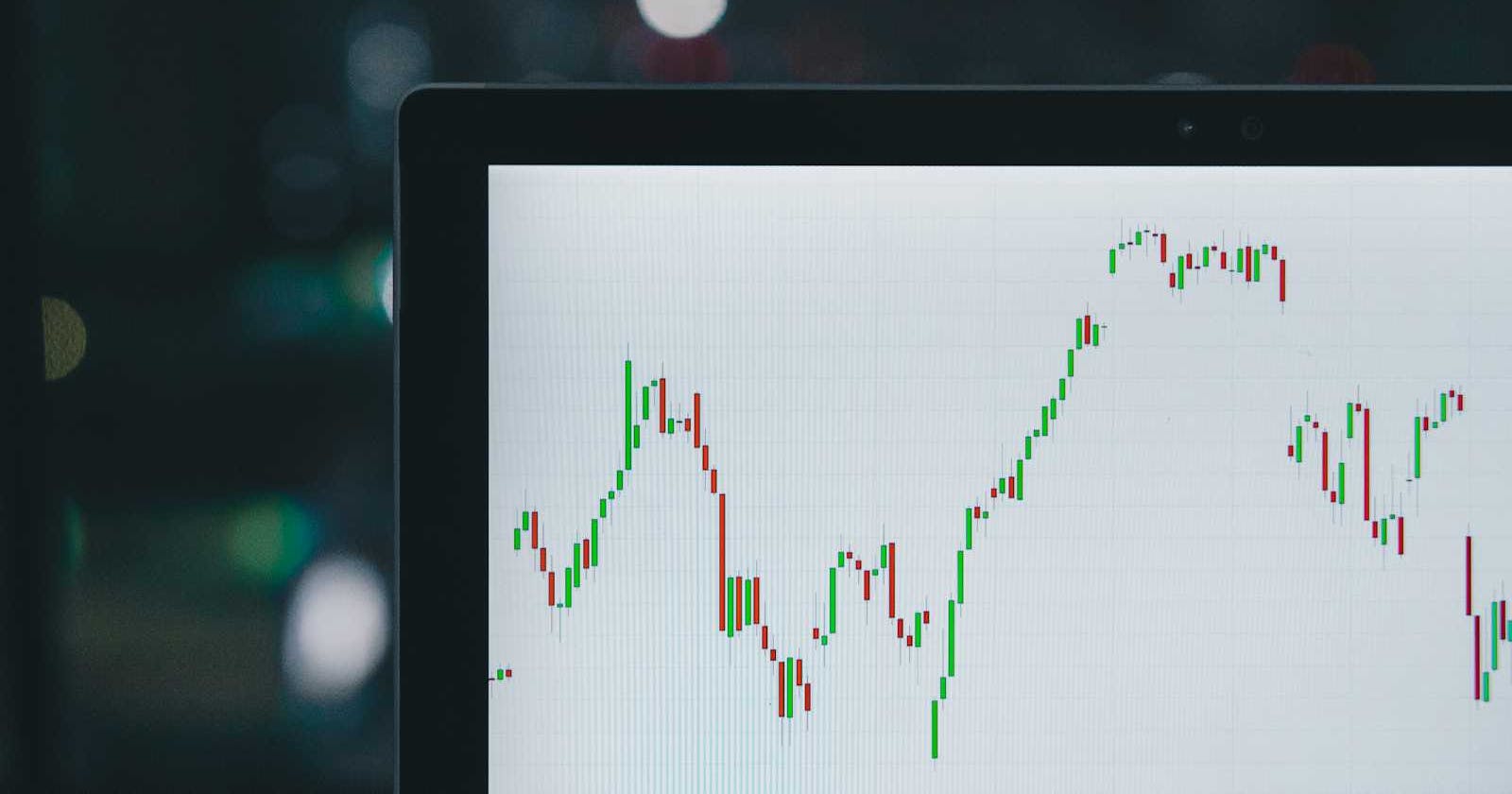Introduction:
Decentralized Exchanges (DEXs) have become increasingly popular in the ever-evolving cryptocurrency environment. Unlike Centralized Exchanges (CEXs), DEXs offer a unique way of trading digital assets(tokens) by allowing for direct peer-to-peer transactions, thus eliminating the need for traditional intermediaries such as brokers and banks.
How DEXs Work:
Decentralized exchanges use mathematical algorithms known as Automated Market Maker (AMM) to determine the price of tokens based on their availability and demand in the market. This is different from centralized exchanges, where an order book is used to match buyers and sellers.
DEXs allow users to swap tokens directly from liquidity pools. These pools are essentially tokens locked in a smart contract, providing the necessary liquidity for trades. The tokens in liquidity pools are supplied by investors known as liquidity providers, who are incentivized to lock their tokens into these pools in exchange for a portion of the trading fees generated from swapping tokens.
Advantages of DEXs over CEXs:
Decentralized exchanges provide anonymity where individuals can trade directly from their cryptocurrency wallets without revealing their identity. This feature particularly appeals to those who value privacy in their financial transactions.
Another significant advantage is the control users have over their assets. You are not handing over your tokens to a third party on a DEX. This reduces the risk of losing your assets due to exchange hacks or other security breaches, which have plagued many centralized exchanges.
DEXs also play a vital role in the process of arbitrage. Arbitrage traders can take advantage of price discrepancies across different exchanges to make a profit. This practice helps maintain price uniformity across the market, thus contributing to the overall health and efficiency of the cryptocurrency ecosystem.
Challenges and Risks:
Despite their advantages, DEXs also come with their own set of challenges and risks. One of the most significant is the vulnerability of smart contracts. Since DEXs operate on these contracts, any flaw in their code can lead to substantial losses. This makes it imperative for users to be cautious and only use well-audited and reputable platforms.
Another concern is the high transaction fees, often called 'gas fees,' particularly on networks like Ethereum. These fees can sometimes make trading on DEXs expensive, especially during high network congestion.
For beginners, the biggest hurdle might be the user interface and overall user experience. DEXs can be less intuitive than traditional exchanges, making them a bit daunting for those new to crypto. Additionally, the price volatility expected in decentralized markets can be a risk for inexperienced traders.
Conclusion:
Decentralized exchanges represent a significant step forward in the democratization of financial markets. They have carved out a niche in the cryptocurrency world by offering anonymity, control over assets, and a mechanism for direct peer-to-peer transactions. However, like any emerging technology, they come with their own set of risks and challenges. It's crucial for potential users, especially beginners, to understand these aspects thoroughly before diving in. As the crypto world continues to grow and evolve, DEXs will undoubtedly play a crucial role in shaping its future.

